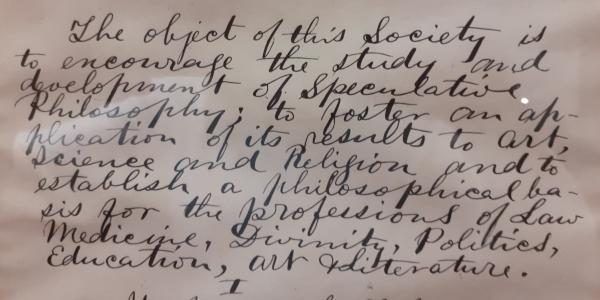Why the Process Turn?
Recent proponents of "scientific emergence" (e.g. Mitchell, Gillett) have held that it is consistent with the widely held tenets of physicalism. Here I provide an exposition of emergence as presented in recent philosophy of science, where the key claim is that "parts behave differently in wholes", based on the empirical finding of what Gillett (2016) calls "differential powers." Gillett argues that the empirical evidence does not yet settle the question of whether there is downward causation or any other form of influence from the whole system to its constituent parts, but that such evidence might be obtained. I propose instead that the question of whether or not the finding of differential powers is taken to provide overwhelming evidence for strong emergence depends on the further interpretation of differential powers, and ultimately on very broad metaphysical commitments. The interpretation of differential powers that is most resistant to objections from opponents of strong emergence involves a rejection of substance ontology, and hence the rejection of physicalism, in favour of a process ontology. This explains the attraction of process ontology to some philosophers who also endorse emergence (e.g. John Dupré). Thus, I conclude, philosophers should not wait in expectation for empirical results that will settle the question of whether or not there is strong emergence.

